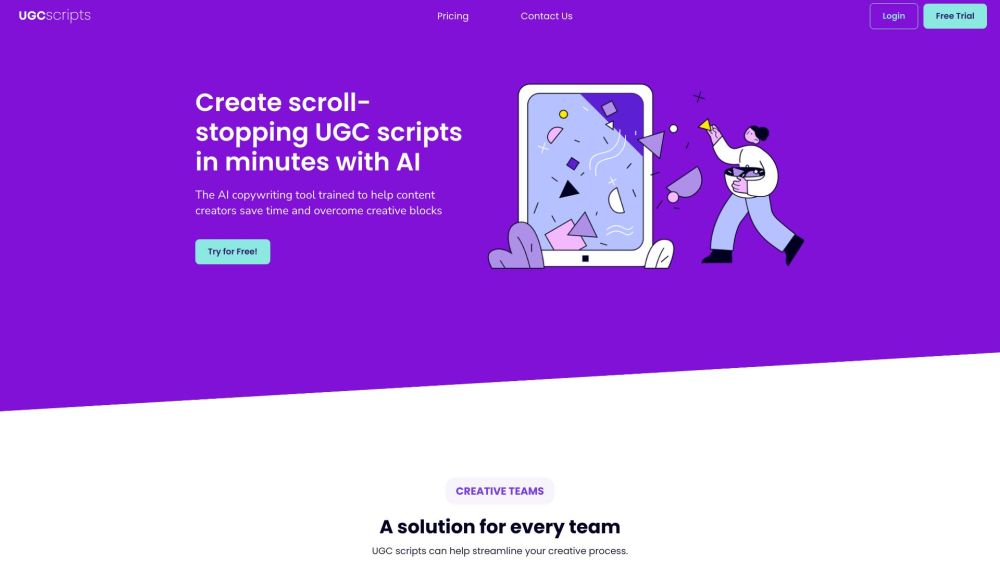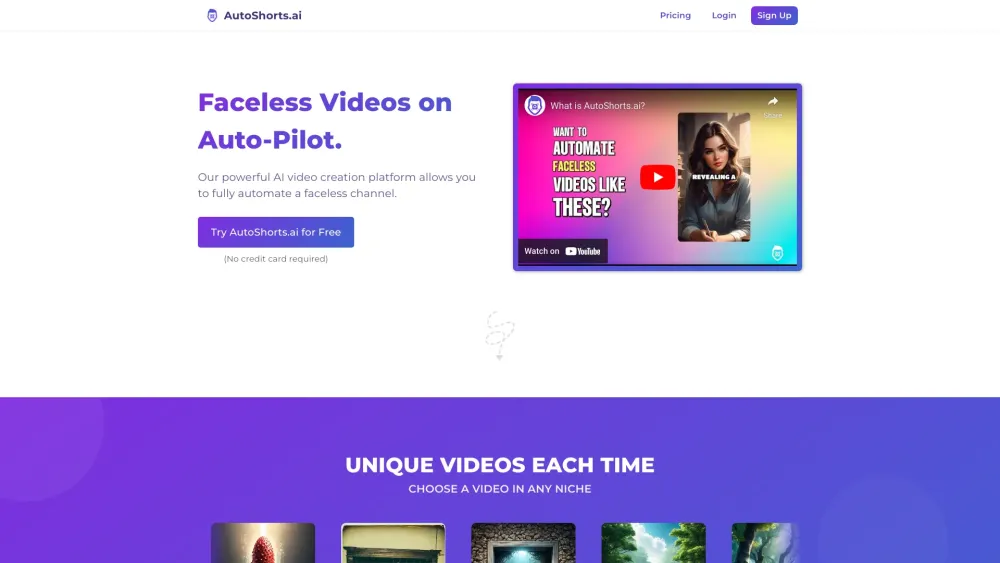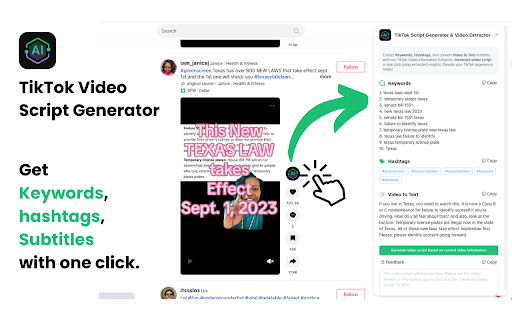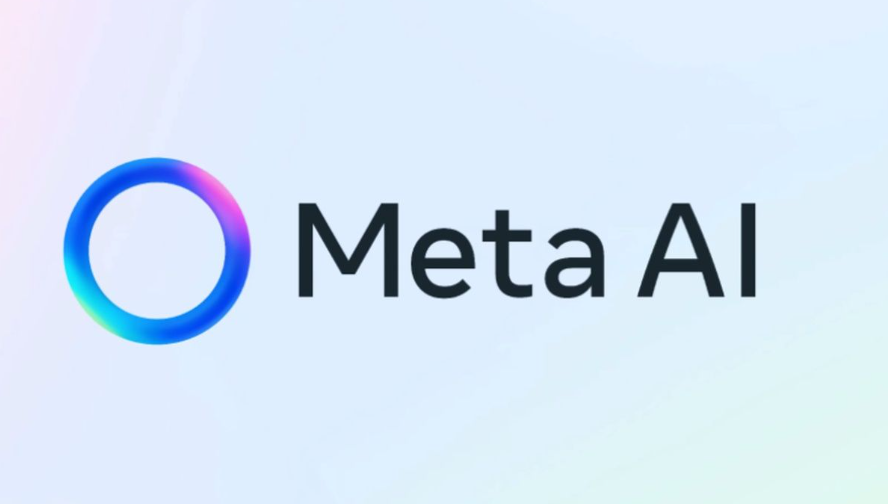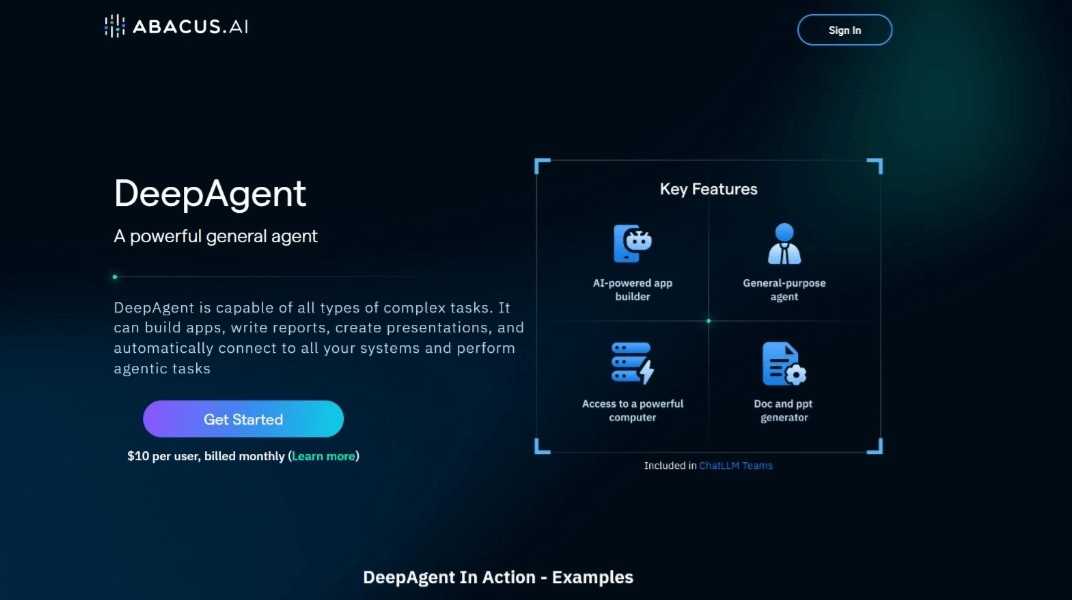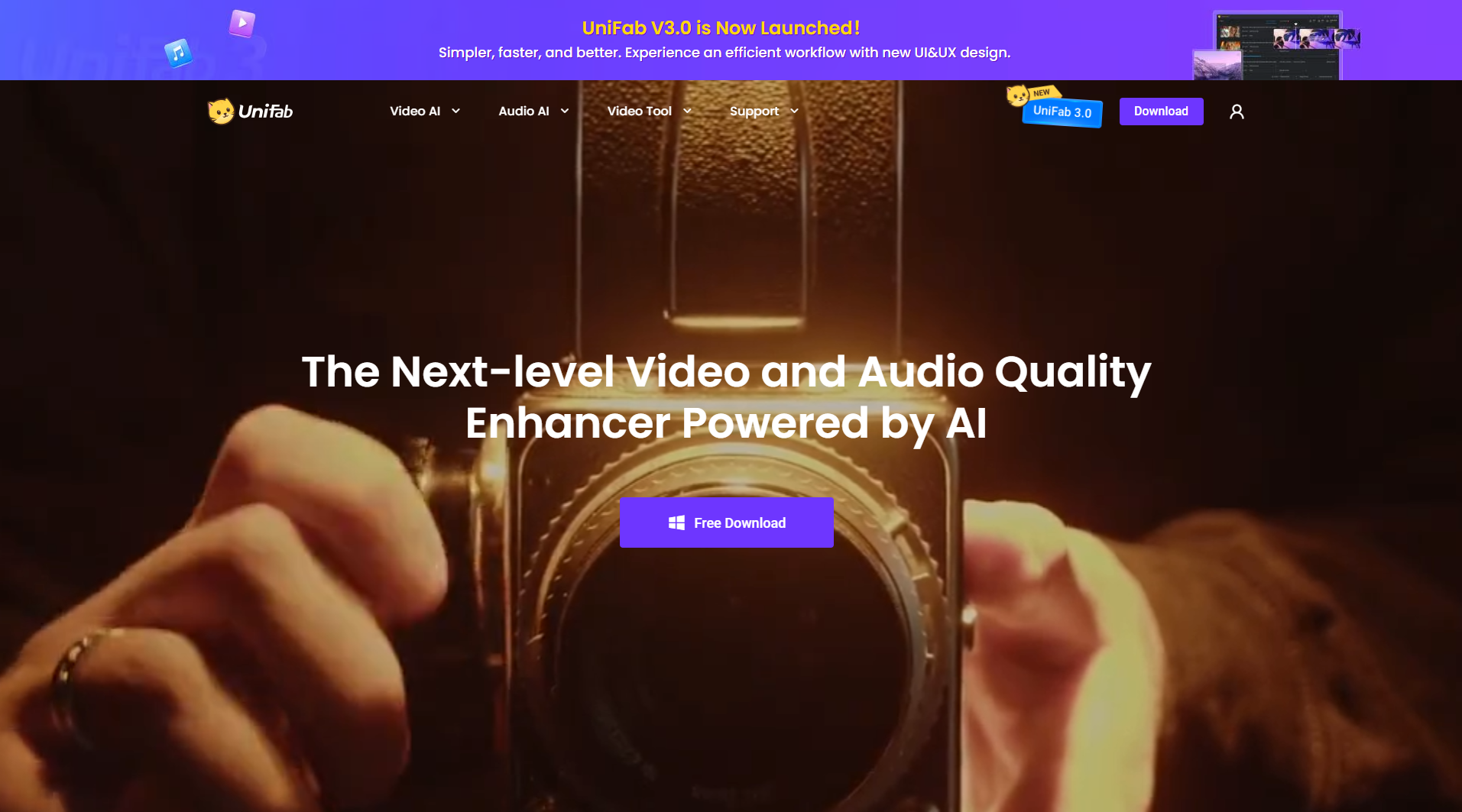
What is UniFab ?
UniFab is an innovative multimedia software company founded in 2020 that focuses on AI-driven video and audio enhancement technologies. Its flagship product, UniFab All-In-One, integrates multiple video processing modules including video conversion, enlargement, HDR upgrade, and audio upmixing. UniFab aims to provide advanced tools for professionals and consumers to significantly enhance the quality of various video content from home movies to high-end productions.
Key Features of UniFab
UniFab is an AI-driven comprehensive video processing tool offering features such as upgrading videos to 4K resolution, HDR conversion (including HDR10 and Dolby Vision), audio enhancement to DTS 7.1 surround sound, deinterlacing, noise reduction, and motion interpolation. It utilizes advanced AI models and GPU acceleration to improve video quality across various types of content.
4K AI Upgrade: Enhances clarity and detail by using super-resolution technology to upscale videos to 4K resolution.
HDR Conversion: Expands color range and brightness, converting SDR videos to HDR10 or Dolby Vision for more vivid visuals.
Audio Upgrade: Enhances audio to DTS 7.1 surround sound for an immersive listening experience.
AI-Driven Enhancement: Uses advanced AI models for noise reduction, deinterlacing, and motion interpolation.
GPU Acceleration: Processes video enhancements faster with GPU acceleration, which is 50 times faster than CPU-only processing.
Use Cases of UniFab
Repairing Old Footage: Revitalizes old home videos or classic films by enhancing resolution and reducing noise.
Enhancing Streaming Content: Improves the quality of downloaded or streamed movies and TV shows for better viewing experiences.
Professional Video Production: Upgrades picture quality for professional video projects, including conversion to HDR for high-end displays.
Game Content Creation: Enhances recorded game videos, making them more engaging for gaming videos and live streams.

